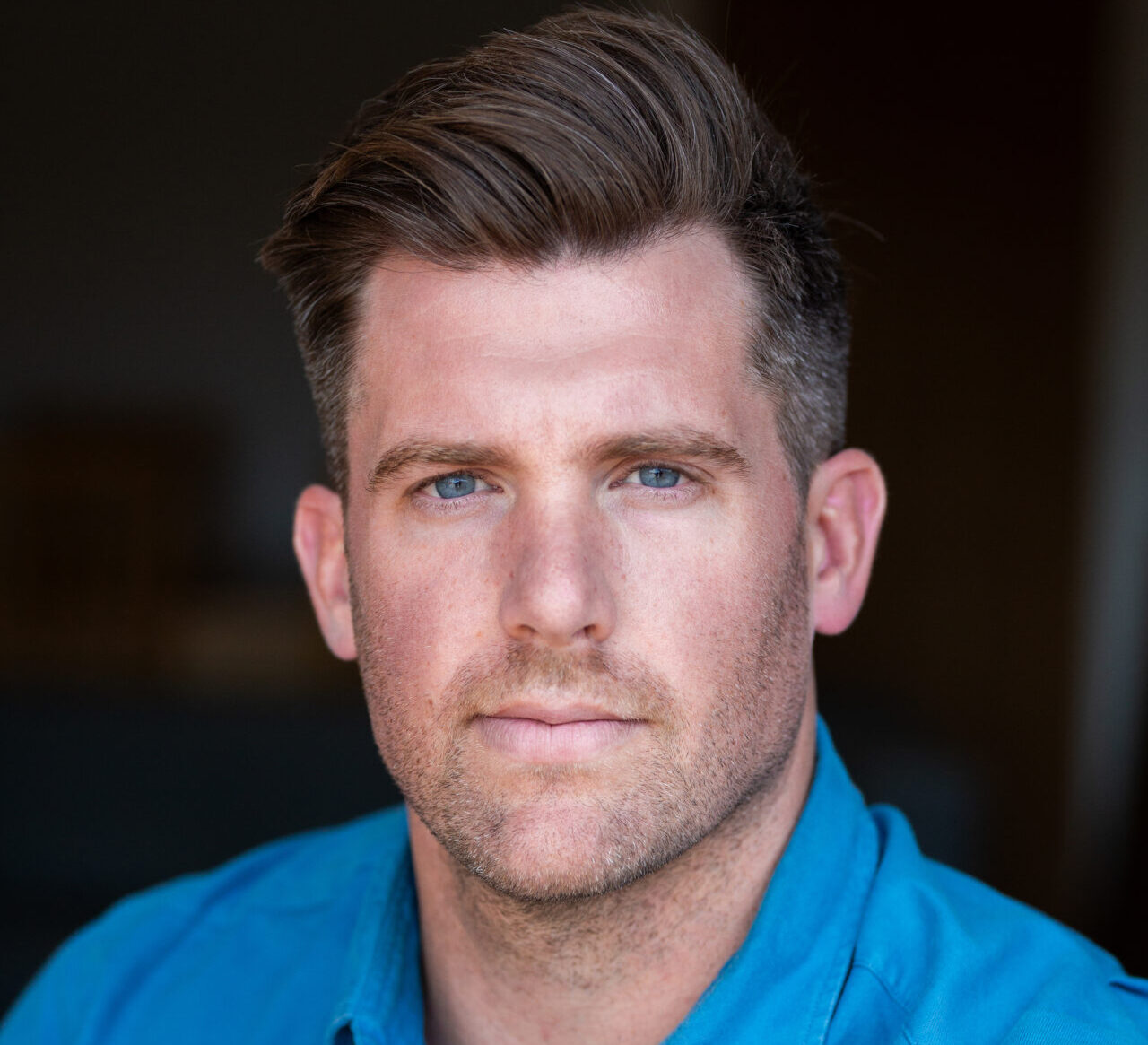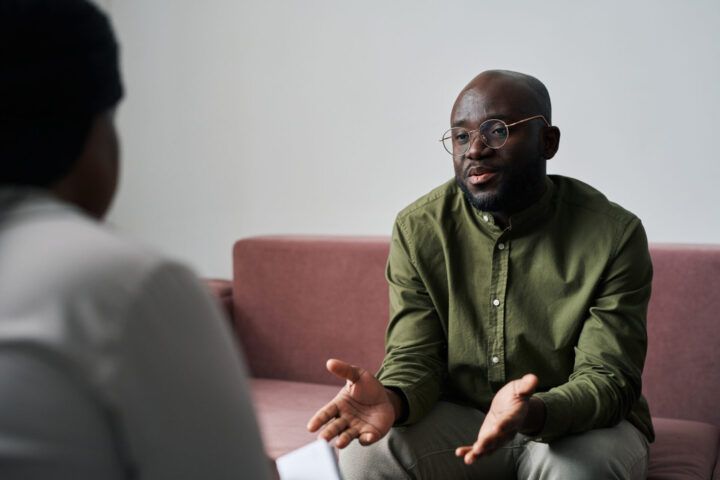As stress-related burnout continues to challenge workplaces across the UK, Sam Wones (pictured), co-founder of the Adaptable Human Project (AHP), is calling for employers to adopt a science-led strategy to employee wellbeing.
Speaking ahead of International Stress Awareness Week (3rd–7th November), Wones has drawn on his background as a Royal Marine, elite coach and performance psychology expert to advocate for practical, evidence-based solutions through AHP’s TREAT Protocol.
Wones’ career has taken him from the high-pressure world of elite sport to the demanding environment of the military, giving him a first-hand understanding of how chronic stress can impact both individuals and teams.
He said: “In the Royal Marines, I saw how unmanaged stress could push even the toughest people to their limit. But I also learned that resilience isn’t a talent, it’s a skill that can be built, with the right support and evidence-based tools.”
At the centre of AHP’s work is the TREAT Protocol, which aims to translate research into real-world results.
The framework combines theory and research, education, application, and take-aways to help organisations address stress systematically.
Wones explained that theory and research underpin every strategy, drawing connections between performance psychology, military training and workplace mental health.
Education focuses on demystifying stress and empowering employees and leaders to identify early warning signs.
The application element delivers practical routines such as breathwork, recovery strategies and mindset shifts to manage digital overload and sleep disruption, while take-aways ensure lasting behavioural change beyond training sessions.
“Too often, stress management is spoken about in abstract terms,” said Wones. “What truly makes a difference is understanding what’s happening beneath the surface—and having practical steps everyone can use to adapt in demanding times.”
AHP’s holistic model also incorporates expertise from Lucie Tullett-Wones, somatic clinician and co-founder, who provides insight into the physical impact of stress.
Together, they aim to help organisations move from simply coping to achieving sustainable wellbeing across the workforce.















